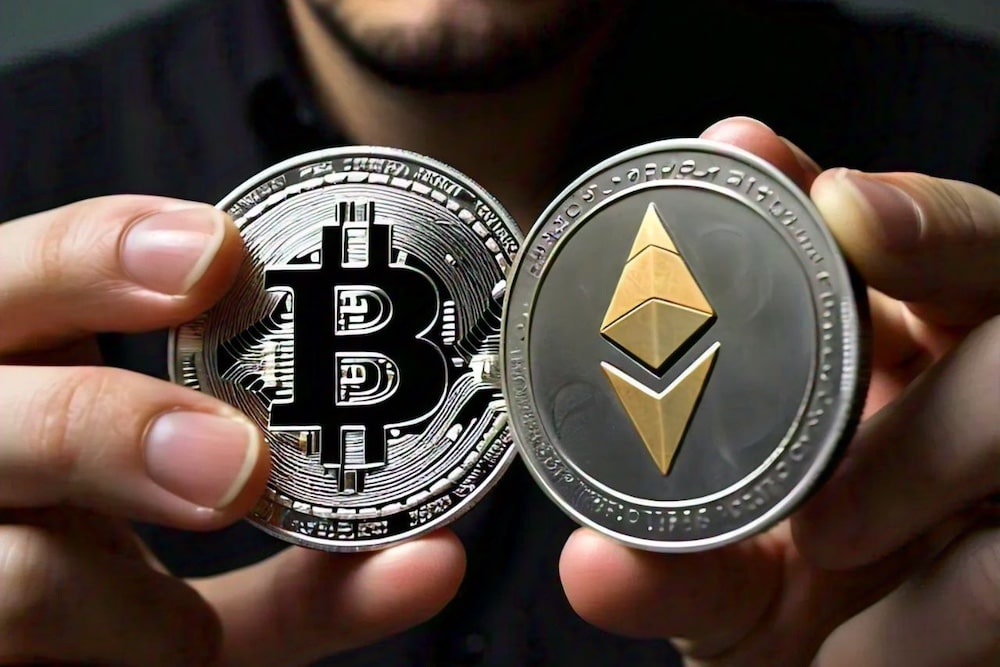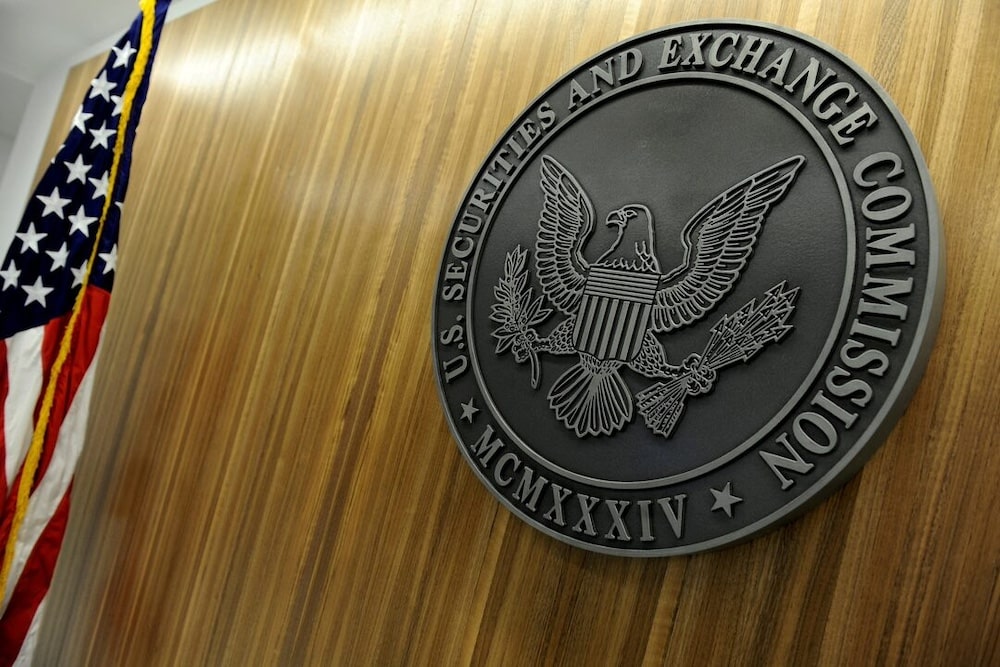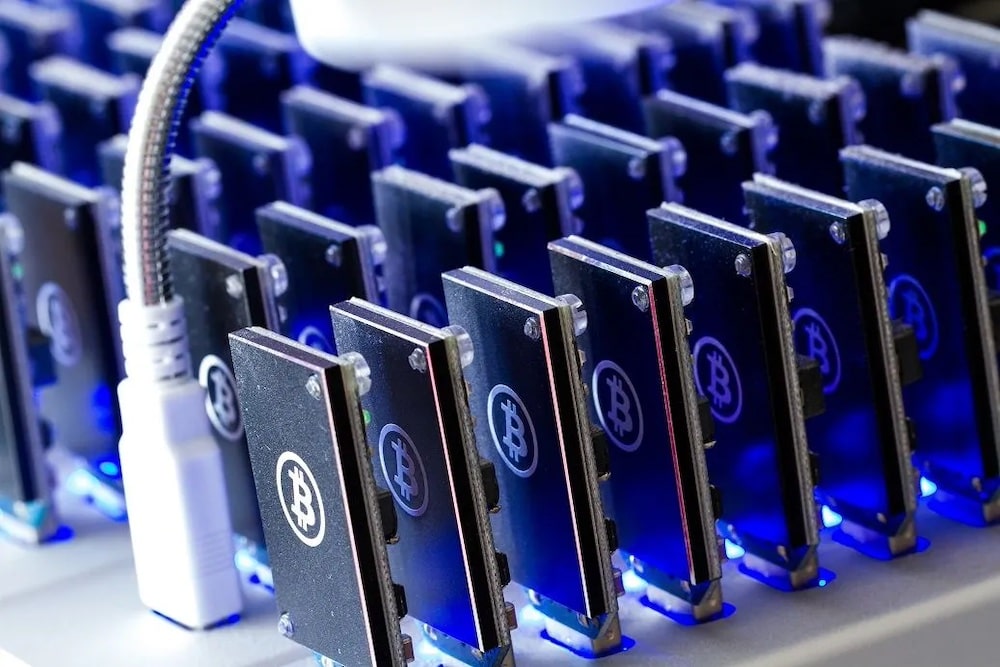Ripple’s co-founder Chris Larsen has formally supported Kamala Harris in her bid for the United States presidency.
According to a CNBC report, 88 current and former high-ranking executives from various sectors of corporate America have Vice President Kamala Harris for president, including Aaron Levie, co-founder and CEO of the enterprise cloud company Box, Yelp CEO Jeremy Stoppelman, Snap chairman Michael Lynton, and former 21st Century Fox CEO James Murdoch.
Larsen’s endorsement of Harris could surprise many XRP supporters, especially given that Ripple has faced a prolonged securities lawsuit during her tenure as Vice President under the current administration.
The United States Securities and Exchange Commission (SEC) lawsuit against Ripple has been active for nearly four years, since December 2020. Although the court has issued a final judgment, there is speculation that the SEC might extend the case by filing an appeal.
Uphold Co-Founder Endorse Harris
Meanwhile, Larsen is not the only crypto executive who views Harris as the industry’s best option. On August 1, 2024, J.P. Theriot, co-founder of Uphold, also publicly supported the Democratic presidential nominee.
Theriot argued that Harris is well-suited for the position, highlighting her superior understanding of crypto compared to her opponent, Donald Trump. He criticized Trump’s crypto-related promises as unclear, suggesting they may not produce favorable outcomes.
Importance of the Upcoming U.S. Elections
For most crypto executives, the upcoming presidential election is crucial for the industry. They believe the results could either hinder or promote its growth.
Many crypto executives have also supported Donald Trump’s reelection campaign, attracted by his appealing promises. The list includes notable figures such as Ripple CLO Stuart Alderoty, Gemini co-founders Tyler and Cameron Winklevoss, and Kraken co-founder Jesse Powell.
To ensure the success of the upcoming election, Stuart Alderoty, Ripple’s general council member, donated $300,000 in XRP to Trump’s campaign, whereas Tyler, Cameron, and Powell each gave $1 million in BTC.
Trump has repeatedly expressed his support for the crypto industry, pledging to dismiss SEC Chairperson Gary Gensler on his first day in office. Additionally, he has promised to transform America into the global hub for crypto by welcoming “industries of the future” rather than targeting them.









